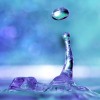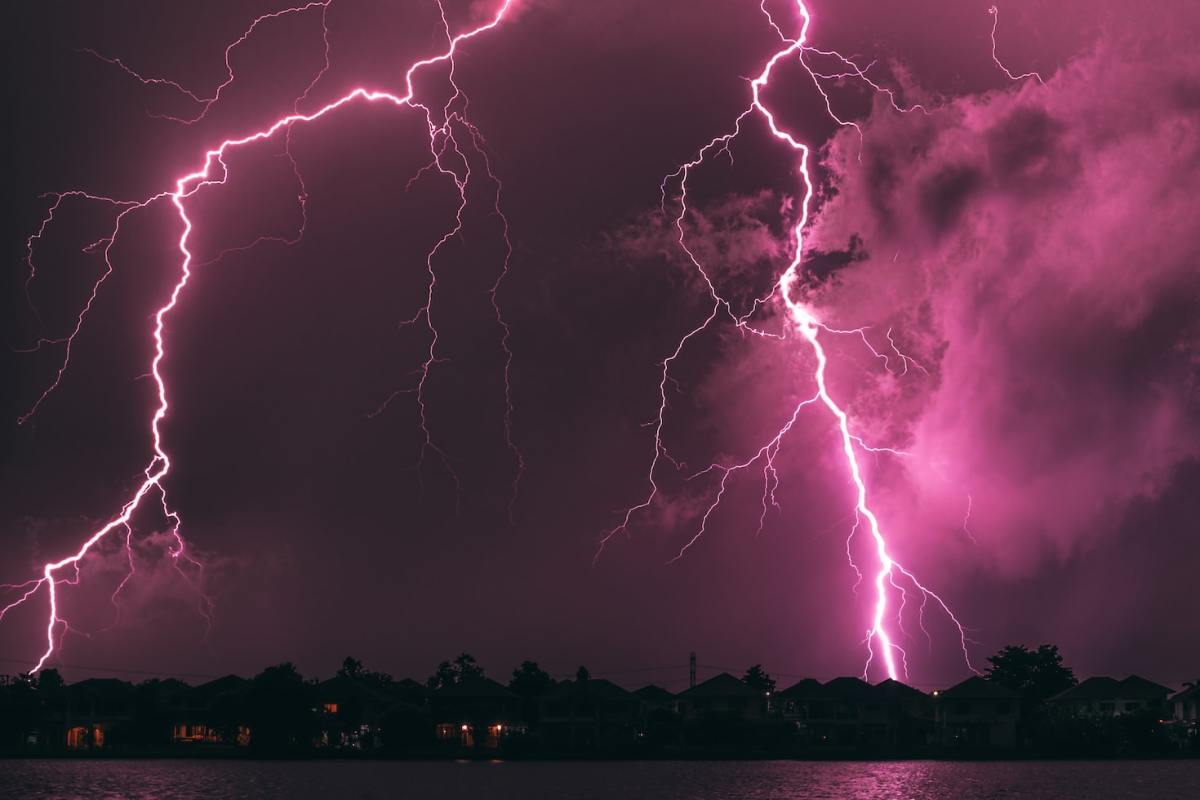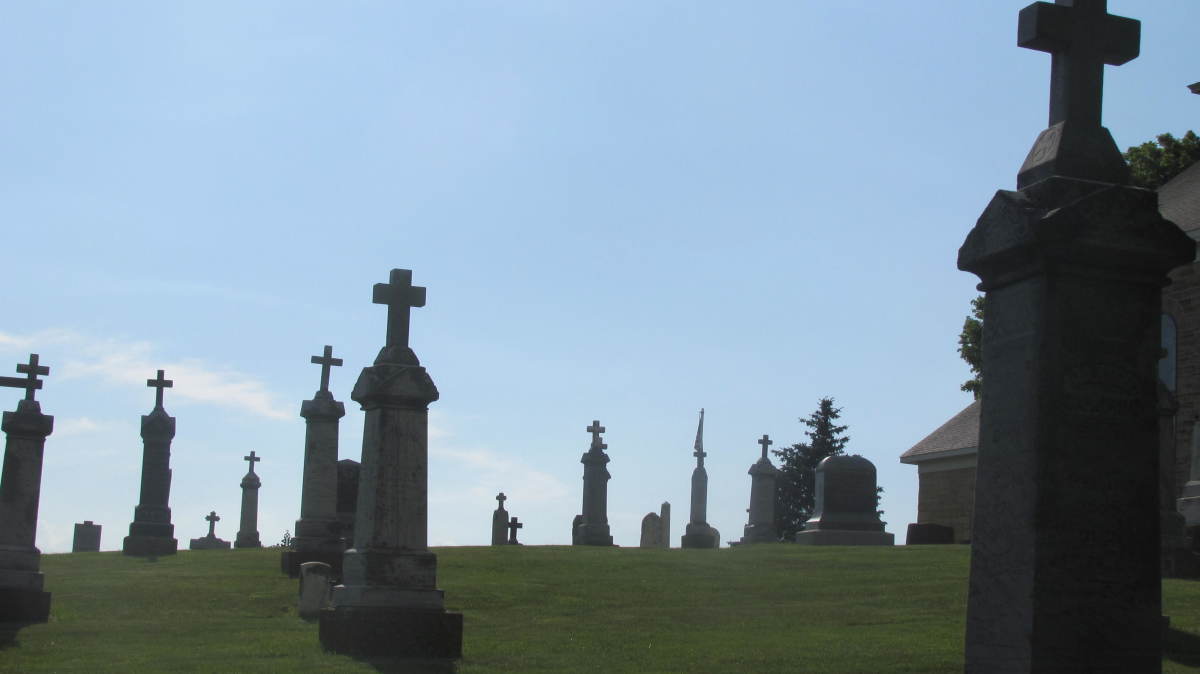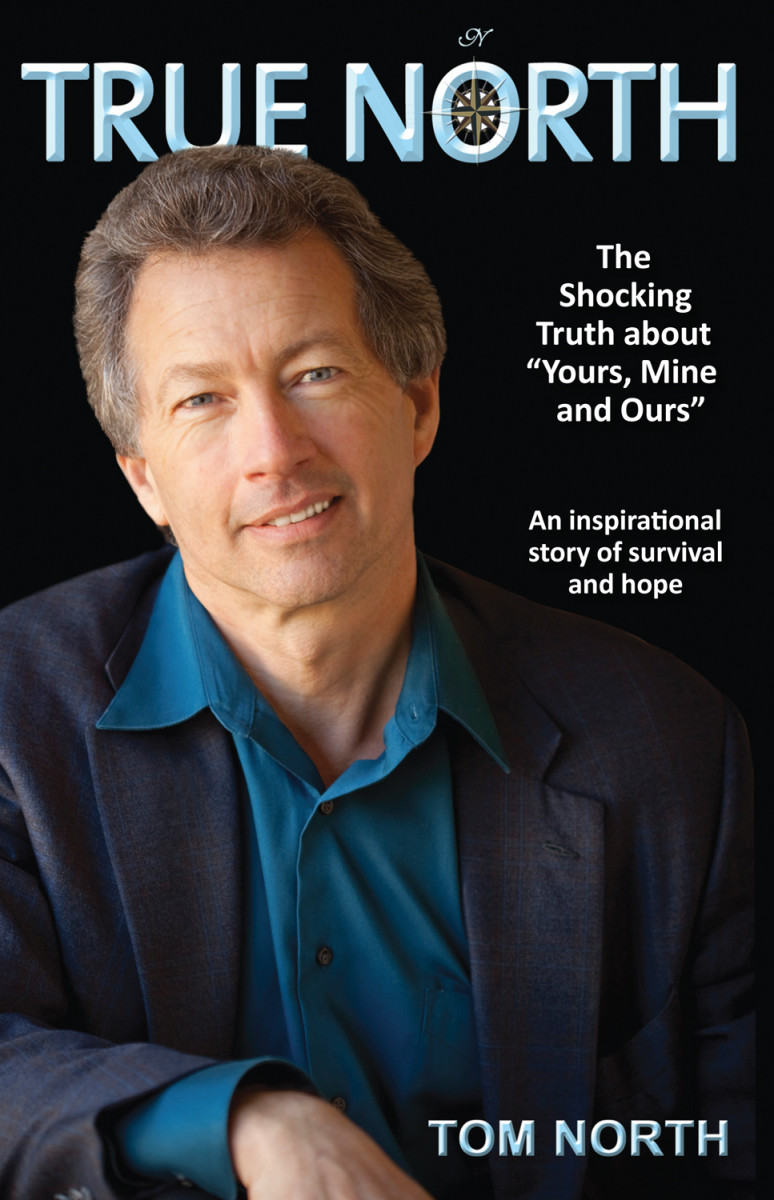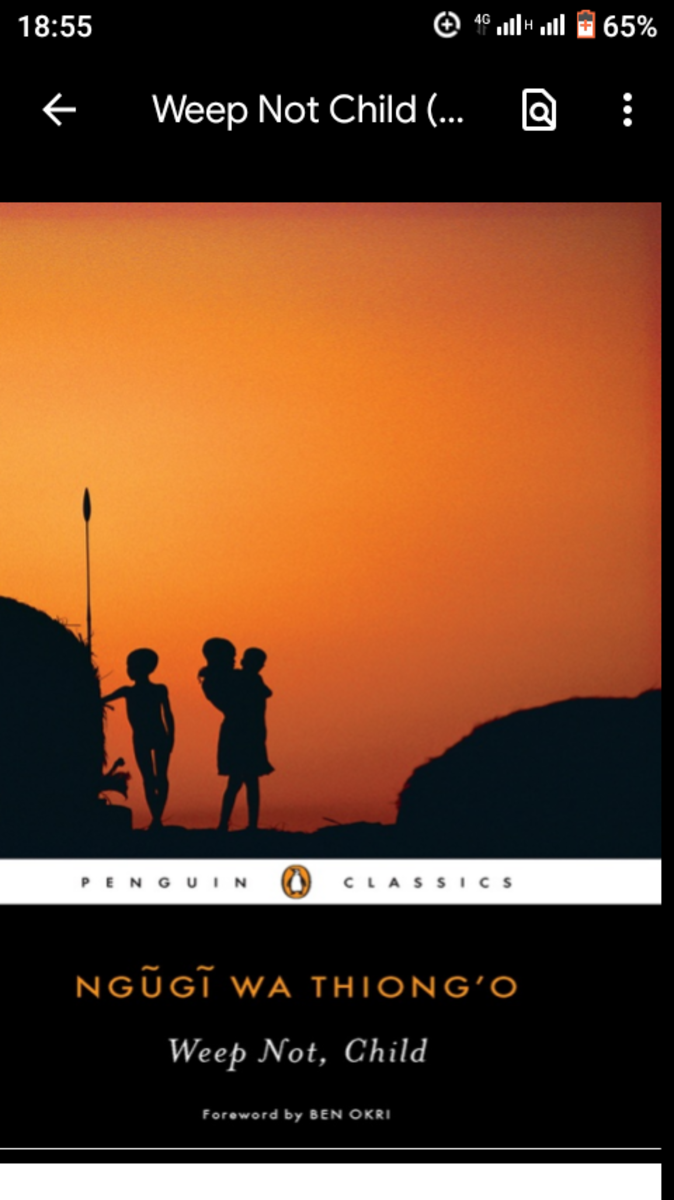Literary Movement: Storm and Stress (Sturm and Drang) Genius- Friedrich Schiller - Definition, Characteristics and more
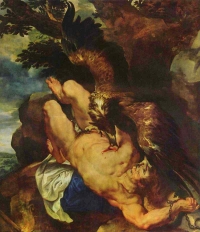
Background information and emergence of storm and stress:
The storm and stress motion was a motion of the young writers which were filled with rebellion thought. It is an oppostion to the rationality of the Age of Enlightment of the superficiality of the Rokoko motion and against the religious thought and belief of the Age of Sentiment. It opposes everything that can restrain the human being in his own self-fulfilment and defies any authority; any rules, any borders and anything that can restrain (hinder) someone in his feeling and wanting. The genius has the power to create something with an unending impact and is his own border respectively sets borders on his own.
The period has lasted from 1769 to 1785. In 1769, the play “Wirrwarr” by Friedrich Maximillian Klinger had its debut perfomance – later renamed to storm and stress – which was the first storm and stress play.
Characteristics:
In the first part of the characteristics of the storm and stress movement, there will be given the characteristics with regard to content with explanations and in the second part rather theoretical strategies of expression.
Characteristics with regard to content:
Genius: The genius is an independent individual that only obeys its own rules (independency of any superior power). Means: Freedom of sentiment and thought and the ability to create unbelievable things.
Nature: Nature is regarded as the origin of all creation and is something godlike. Nature is the embodiment of all life and invention.
Ideal of personality: Everyone has his own freedom to become anything and to live out his genius to the utmost. Rules are abolished and any superiority is defied, because they only restrain the individual in its unimaginable power of the genius. Traditions are abolished as well, since they also prevent the individual from its highest achievement of the genius.
Abolishment of rules: Concentration on the abilities of the individual.
Language:
The language is affected by very strong expressions, the vocabulary of the sentiment (heart, love, feeling etc.), many hyperboles, neologisms and ellipse. Comparisons to the nature are often used (since it is the origin of everything and embodies something godlike). There are often fragments of sentences and sudden interruptions, which express the extreme unsayable feelings of the protagonist (or any other person in a play). This can either mean something good that the person has such positive feelings that there are no words that can describe it or it can be interpreted negatively in terms of a strong inner conflict. The rhythm is free. The type of drama is in prose, because it is a linguistically strong form to express oneself
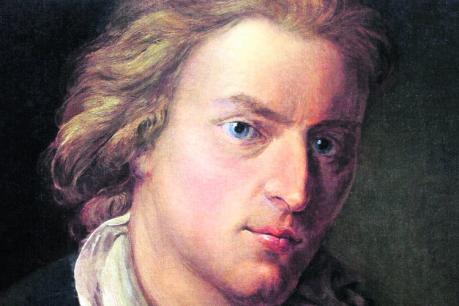
Important authors and plays, novels and poems
Important authors are Johann Wolfgang Goethe (Prometheus, the Sorrows of young Werther), Friedrich Schiller (Intrigue and Love) and Johann Gottfried Herder, where all three became writers of the classicism age.
- Romanticism - Definition of the Romantic Era and muc...
Romanticism was parallel to classicism almost. They setting was often dark and mysterious, the protagonist a clumsy but poetical - (Weimarer) Classicism - the Age of the Literature Ti...
Many former storm and stress writers became classicists. In this article, you will read about the definition of classicism and about the two most influential writers of that period: Schiller and Goethe.
